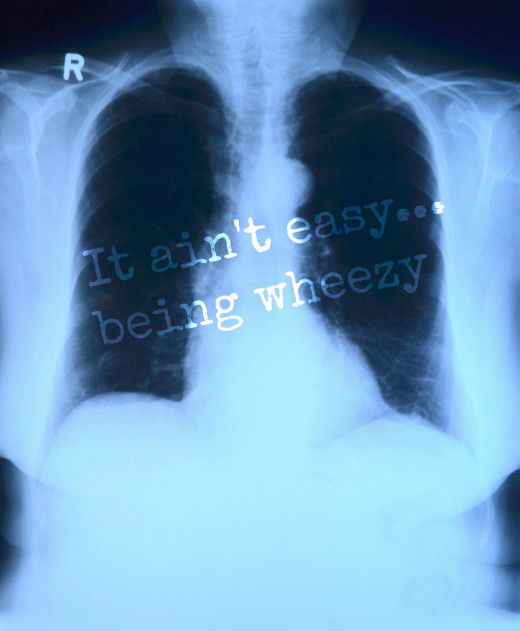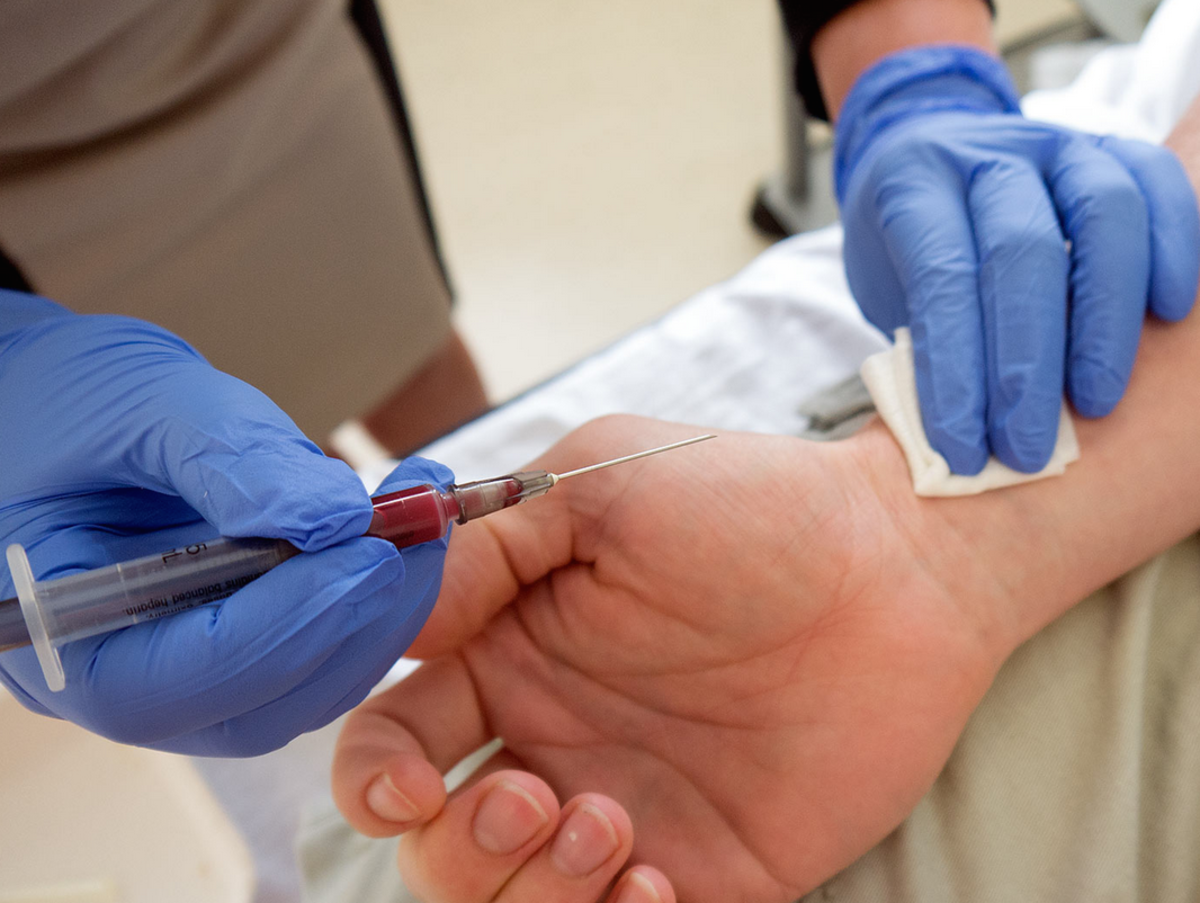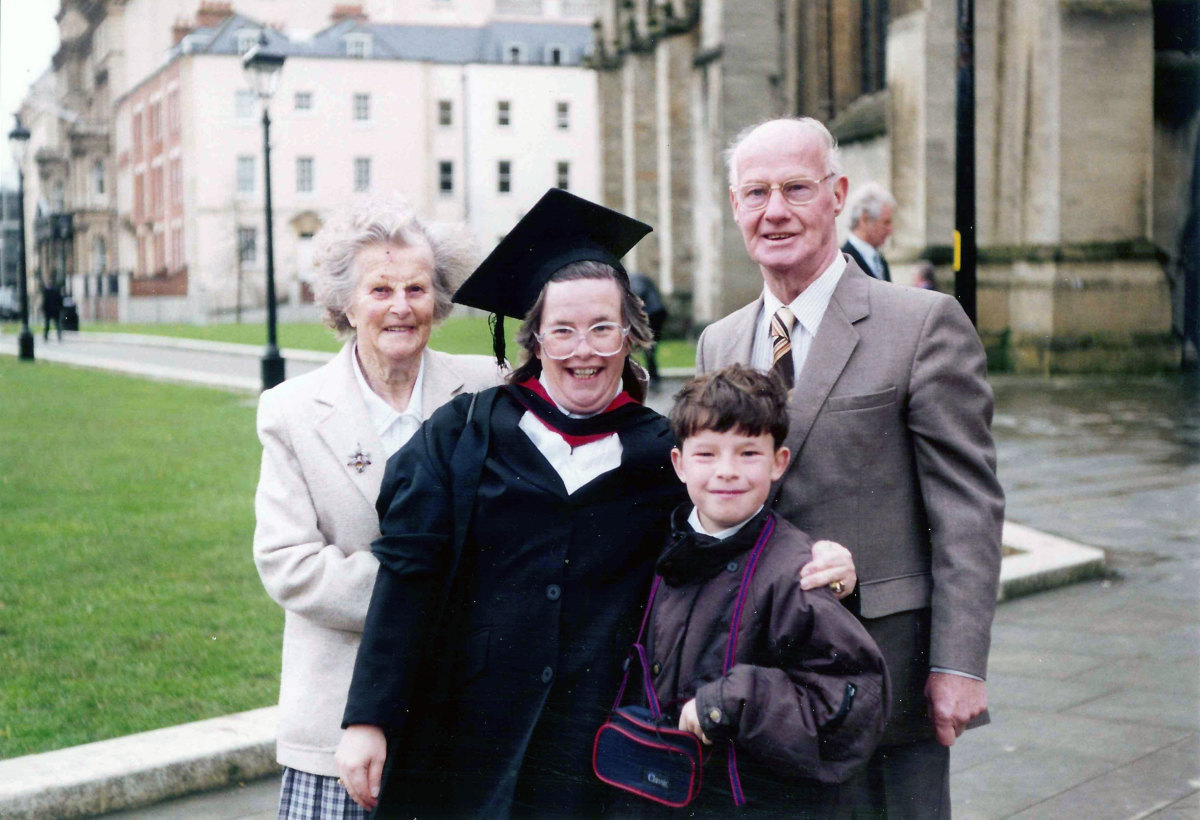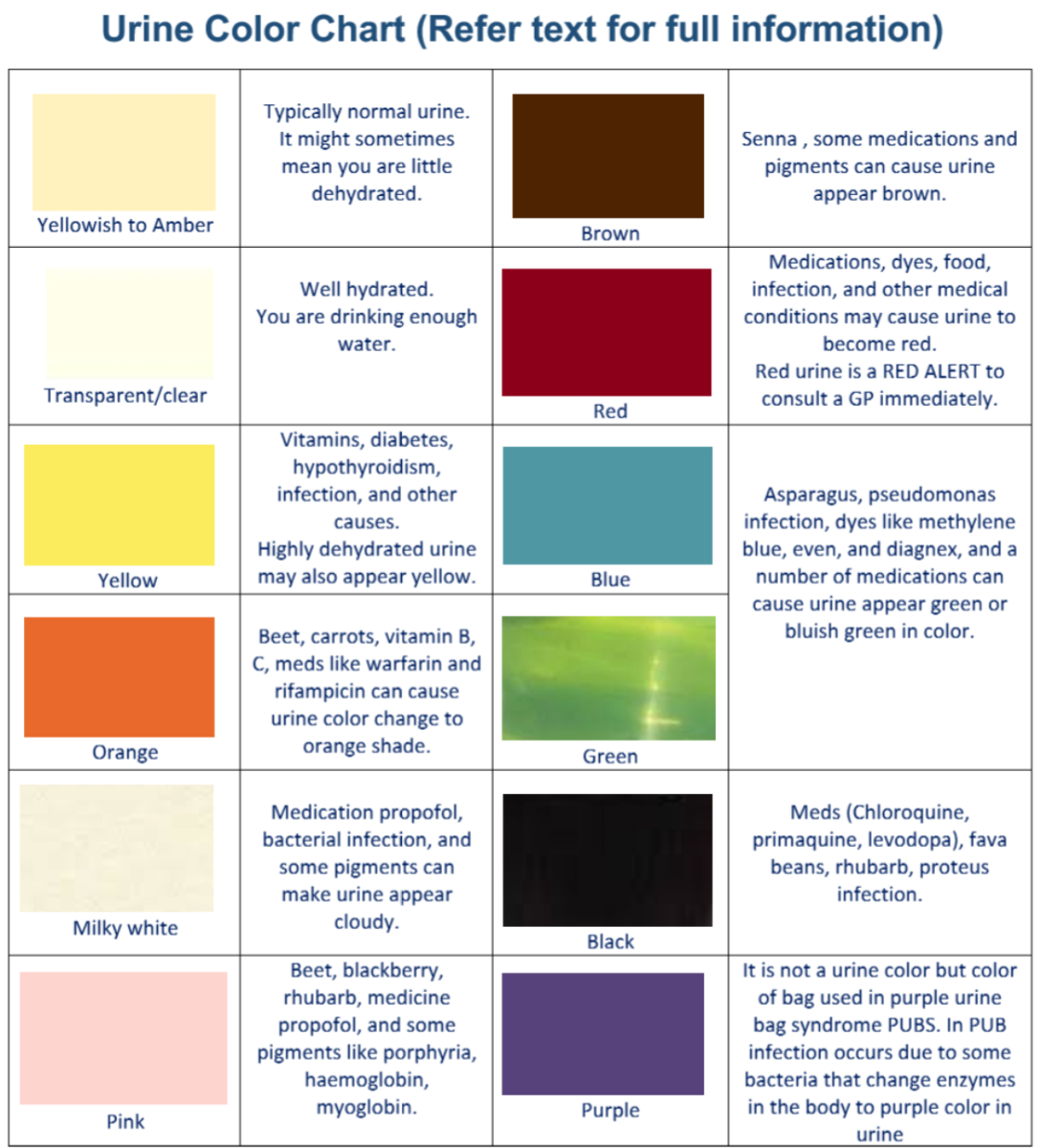Respiratory Care: A Student Perspective
So, you want to work in healthcare...
Welcome! You may have found respiratory care because you have delved deep into the depths of the internet. Or perhaps your pre-requisites from a former dream happened to fit into the degree plan. Regardless of how you found respiratory care, you are more than likely here for one (or more) of the following reasons:
- You have tried a different area of patient care and decided it was not for you.
- You have been directly influenced through a family member who had a lung or heart disease.
- You have an overwhelming interest in phlegm.
- You expressed interest in nursing, but have since learned that poop is in the job description.
- You think stethoscopes are a stylish accessory.
Now, let's get to the nitty-gritty.

Where can I work?
As a respiratory therapist you will have the opportunity to work in a variety of areas within the hospital, such as:
- Emergency room
- Intensive care (adult, neonatal, pediatric)
- Operating room
- Oncology
- Med/Surg
- Cardiology
- Neurology
- Labor and delivery
- Mother/baby
Areas outside the hospital include, but are not limited to:
- Pulmonary rehabilitation
- Long term acute care
- Sleep clinics
- Rehabilitation hospitals
Needless to say, you have options!
How much will it cost?

A (not so) little known secret about any health science program is that it costs a lot of money. I'm not talking about tuition and books, but rather extra fees and expenses that pop up unexpectedly. For instance, you may be responsible for paying for the following:
- Vaccinations
- Scrubs
- Stethoscope
- Drug test
- Background check
- Travel
- Test prep
There have been numerous times throughout my career as a respiratory student that these expenses have popped-up relatively unexpectedly.
What can I expect when I'm expecting to be a respiratory student?

Along with the costs, here is a list of some things you may (or may not) be expecting:
- Learning and tests take place at break-neck speeds.
- You will receive practical experience in a laboratory setting.
- If you aren't already, you will become very comfortable being in strange places with strangers (hospitals).
- Hands-on experience with patients generally starts within six months (or sooner).
- You draw blood frequently.
- You will become an expert in mechanical ventilation.
- You will more than likely perform CPR on a real person before your education is finished.
- You will learn to appreciate that you're in a specialty field.
- Albuterol Cures it All! Just kidding...
Degrees, exams, licensure, oh my!
Some things you need to know about becoming a respiratory therapist:
- It requires a degree.
- There are both associate (two year) and bachelor (four year) programs available.
- There are two different levels of licensure.
- There is at least one registry exam required after graduation.
Respiratory therapists are required to have a degree. The majority of institutions that offer a degree are associate programs, the minority are bachelor programs. Each institution is required to be accredited by CoARC (Commission on Accreditation for Respiratory Care). If you are interested in a specific institution, check out CoARC's website (http://www.coarc.com/36.html) to make sure they are in good standing.
There are two different types of licensure for therapists: CRT (certified respiratory therapist) and RRT (registered respiratory therapist).
- For the CRT credential you must pass the therapist multiple choice exam.
- For the RRT credential you must pass the therapist multiple choice AND the clinical simulation exam.
These credentials and exams are both determined by the NBRC (National Board of Respiratory Care). There are also specialty exams that can be taken after the CRT or RRT credential is received. These credentials make you more valuable as a practitioner. For more information, check out the NBRC's website here: https://www.nbrc.org/Pages/examinations.aspx
Last piece of advice...
Respiratory school can be overwhelming, especially in the beginning. I personally wish that I would have had a preview of the experience beforehand so that I could mentally prepare myself. I hope I have provided that for you!
If you are interested in respiratory care I would definitely recommend job shadowing. Contact a hospital or program that you're interested in and set something up. Be proactive and see what it's like to be a respiratory therapist. It will be well worth it to see if it is a good fit.
Respiratory care is such a rewarding field. You literally save lives! Does it get any better than that?
Questions? Comments? Let me know below!





